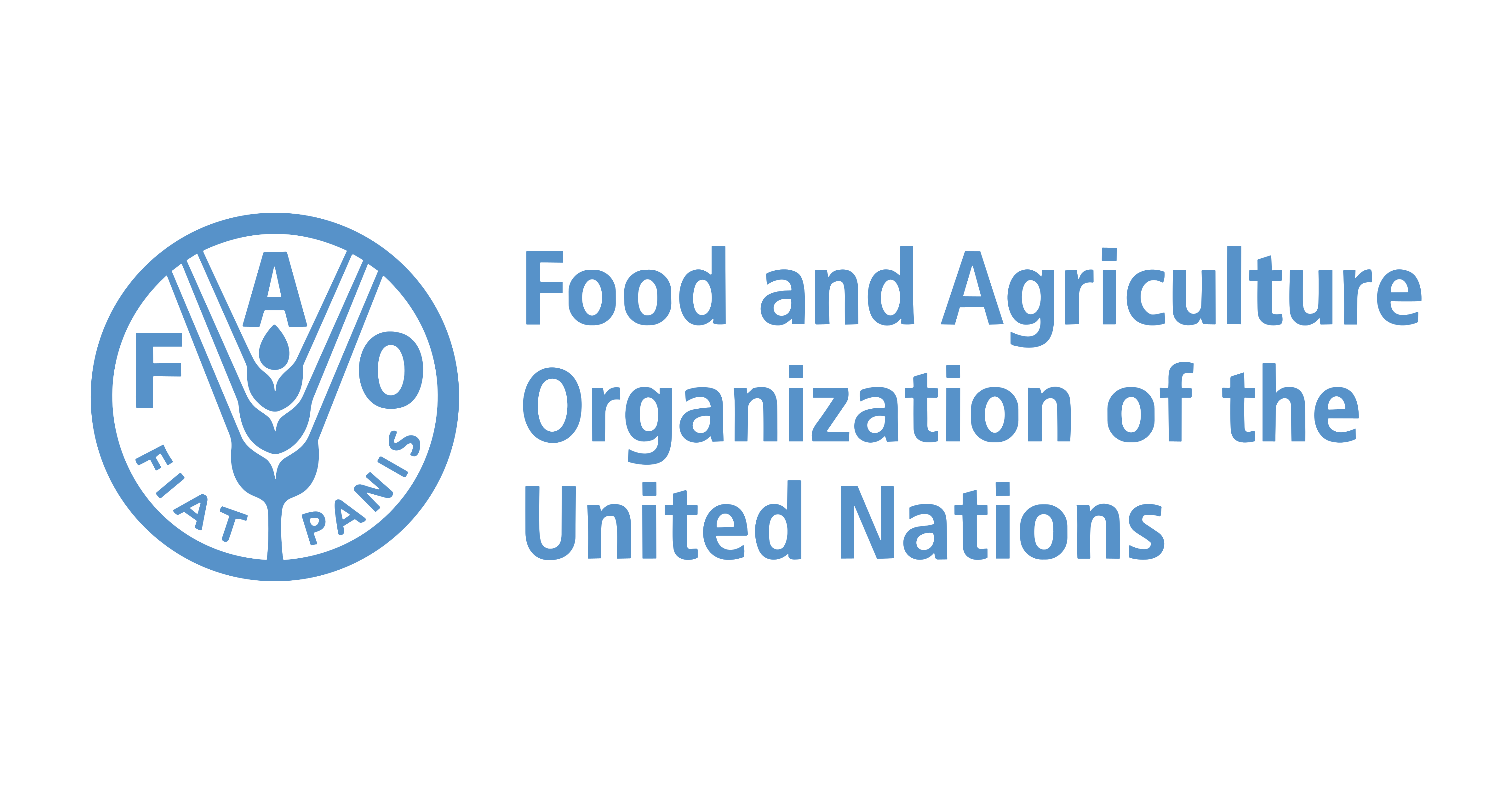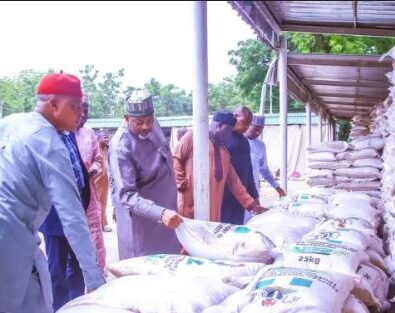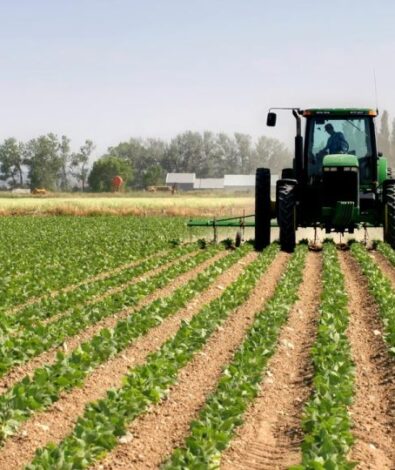Food Security: Floods Destroy Farmland, Crops Capable of Feeding Five Million Nigerians – FAO

The Country Representative of United Nations Food and Agriculture Organisation (FAO) to Nigeria and the Economic Community of West African States (ECOWAS), Mr. Koffy Kouacou Dominique, revealed that in 2020, floods destroyed farmland and crops that were capable of feeding five million people in Nigeria.
According to him, about 52 million persons in the Sahel region are food insecure owing to flood and other myriad of challenges.
Dominique who disclosed this at a two-day workshop on the Anticipatory Action for Flood Risk in the Sahel, said one of the major factors driving food insecurity in the region is climate change, which results in flooding.
To forestall the impact of floods on food production announced plans to support the Federal Government with necessary tools to predict flooding to improve food security in the Sahel region.
The Country Representative noted that the early warning information about flood would help curtail the avoidable damage to the crops and advise the government better.
Speaking further, Dominique said the regional workshop was aimed towards how to better anticipate was to allow the farmers to cultivate and boost food production and grow their yield in the country.
He said: “We are facing a very serious security situation in our region. For example, in 2020, we had around seven million people in our region affected by the flood. FAO did studies in six countries; we have 2.4 million hectares of land destroyed by flood.”
Dominique, however, noted that the relevant government bodies are already onboard, as they will be setting up a taskforce to support the government in the implementation process, which is like a monitoring and evaluation mechanism to ensure that all the outcome of the workshop is implemented.
Regional Specialist for FAO working on Anticipatory Action and Emergency Response, Luca Parodi, said there is a need to invest in better ways to manage risk.
His words: “Without good information and good early warning, you cannot actually anticipate anything. The workshop also avails the opportunity to share information on how the stakeholders can improve together collectively on early warning, surveillance risk and the information to the communities.
“Our role at FAO is to support the government and the regional organisation to learn some new ideas or strengthen what they are already doing to face this riskier future. And you need the early warning, but also you need the funding to implement.”



